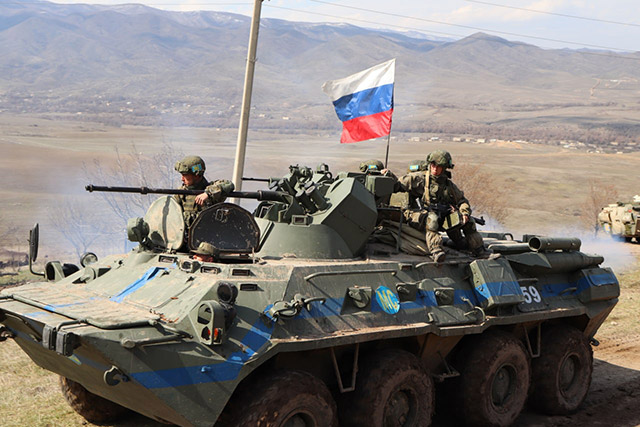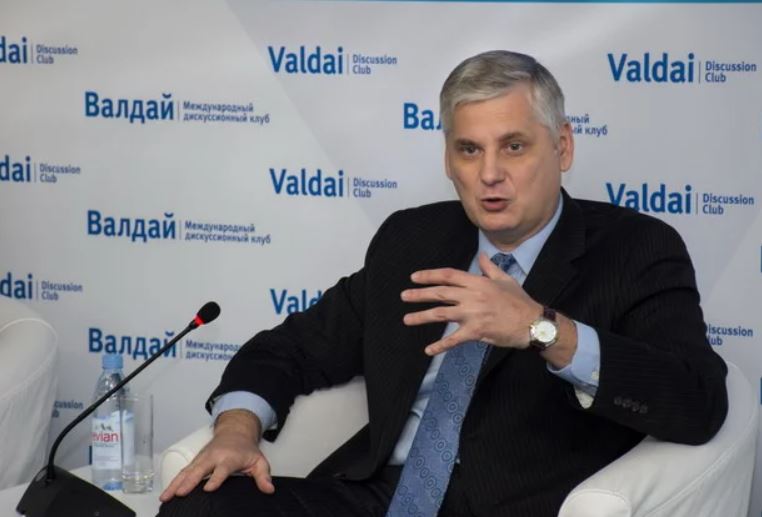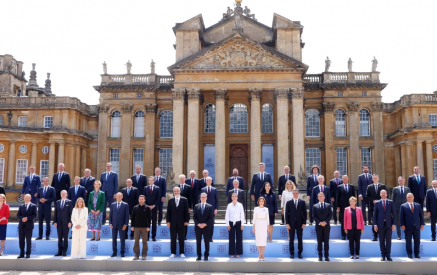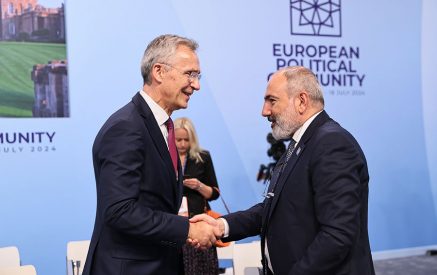“Every time we face a situation when talking about new meetings, some achievements and movements are pointed out. Exaggerated ideas about the results are formed. It turns out that in reality the results of these negotiations are more modest than expected. Those meetings are not miracles that are capable of reducing the risks,” referring to the results of the Nikol Pashinyan-Ilham Aliyev meeting held in Brussels on August 31 with the mediation of European Council President Charles Michel, Moscow State Institute of International Relations leading researcher and political scientist Sergey Markedonov expressed this opinion.
According to him, after 2020, Azerbaijan is trying to dictate its conditions, and Armenia is trying to somehow keep the red lines, which does not always work. “I think systemic problems remain, for example, the issue of the status of Artsakh, which Baku considers closed, but Armenia does not. Even if it is disguised, this topic is there. In addition, in the process of border delimitation, Azerbaijani officials and diplomats recently touched on the issue of enclaves: we are talking about seven villages in Ararat and Tavush provinces.
The topic is old, but pointed out. Of course, it is positive that the officials are meeting, but from the point of view of influence, we should not expect anything. Now Azerbaijan feels like a winner and is pursuing a policy of tearing problematic issues apart for its own benefit.”
Read also
Sergey Markedonov also emphasized that Artsakh is the unique point of the post-Soviet territories, in which the West and the Russian Federation have worked for many years. “I can’t say whether it was successful or not, but they worked, and this is important. Naturally, the situation has changed after Russia’s special operation in Ukraine. The Minsk Group is blocked, and there are no serious discussions. It seems that there is no competition in the Moscow and Brussels formats, the “menu” is the same: demarcation, peace treaty, negotiations, but Brussels is trying to conduct some competition, and this is obvious, because the negotiations do not mention Russia in any way, neither negatively nor positively. Attention should be paid to such questions. Let’s not forget that Charles Michel is one of the supporters of sanctions against Russia, and this cannot be ignored.”
Markedonov also referred to the activities of the Russian peacekeeping mission in Artsakh and said: “There is no direct criticism of the Russian peacekeeping mission, and the statements are not on the table. This is a certain positive fact, because if there is competition regarding the peacekeeping mission, it will complicate the situation in many issues. But I do not rule out that in a certain situation this issue will become relevant.”
Luiza Sukiasyan























































